One less-publicized initiative of new Federal Communications Commission Chairman Ajit Pai may have profound impact on the agency’s policymaking agenda. Last month, Chairman Pai announced that he would be creating an Office of Economics and Data (OED) at the FCC. This office will combine economists and other commission staff to provide better input on rulemaking proceedings and transaction reviews, along with enhanced support for data management and research activities.
If implementation matches aspiration, OED may fill in a critical role for economic analysis that has been minimized in recent years. The FCC employs a general counsel and a large legal staff, but its chief economist is appointed from the ranks of academia to a one- or two-year term on a rotating basis. These individuals have served in this capacity with distinction, so the problem is not one of analytic talent. Rather, the chief economist’s short stint, combined with not reporting directly to the chairman, has minimized the impact of economic analysis in the decisionmaking process.
Timothy J. Brennan, Professor of Public Policy and Economics at the University of Maryland, Baltimore County, served as FCC chief economist under former Chairman Tom Wheeler in 2014. He gained some unusual notoriety by characterizing the process for enacting the Open Internet Order (aka the Title II net neutrality rules) as an “economics-free zone.” Brennan later explained that this phrase was shorthand for a process where “a fair amount of the economics was wrong, unsupported, or irrelevant.”
Chairman Pai seems to have picked up on this observation, which is acknowledged by FCC insiders and outsiders alike. His announcement of the OED’s creation in a Hudson Institute speech clearly expressed an institutional intention to make the discipline of economics more prominent and impactful during his tenure. Pai remarked,
“We intend to restore the tradition of staff economists spending time thinking about the future and publishing in the present influential white papers that keep us from being stuck in the past. We need bright people who can focus on big-picture, out-of-the-box thinking. The FCC’s history shows how truly valuable this can be for the agency, and ultimately, for the American people.”
In economic terms, Pai is calling for a more optimal use of economists at the FCC, recognizing that the status quo represents an opportunity cost to the public at large. Namely, a less comprehensive basis for policymaking creates continuing uncertainty by leaving new FCC rules such as the Open Internet Order vulnerable to judicial challenges.
Under Chairman Pai’s leadership, the FCC is now in the process of dramatically reconsidering the Open Internet Order. The expected avalanche of public comments in this new rulemaking proceeding may represent a barometer of public opinion that the Commission will take into account.
Like the net neutrality rules now in place, any new ones may not receive the serious economic analysis that they deserve. The FCC must ensure that this proceeding and others represent an economics-sensitive zone, even before the OED is fully operational. In Brennan’s formulation as in mine, all of the FCC’s economic analysis going forward needs to be supported by meaningful relevant data.
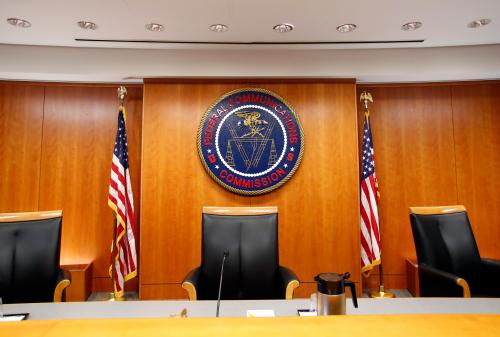
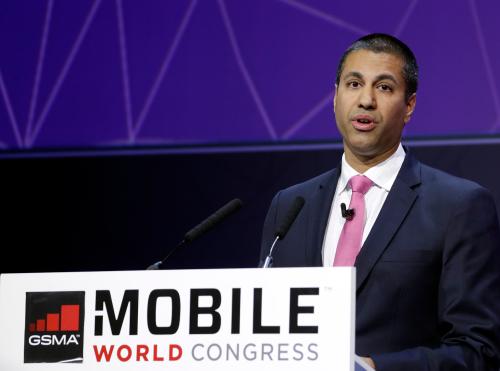
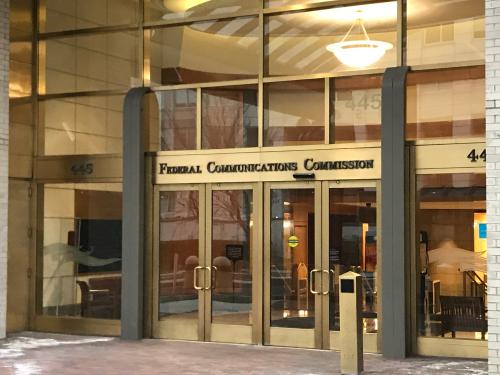
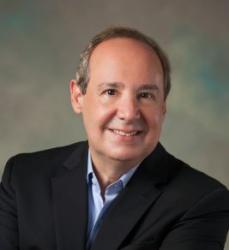
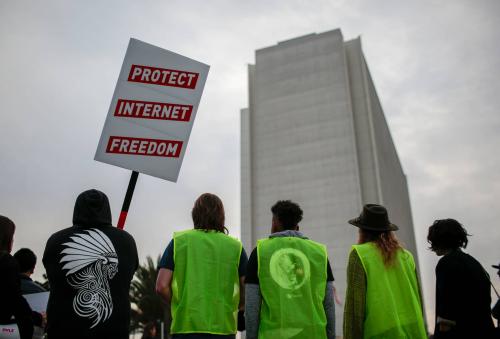

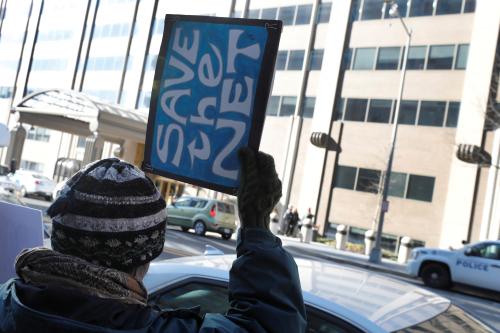
Commentary
Creating an economics-sensitive zone at the FCC
May 25, 2017